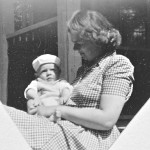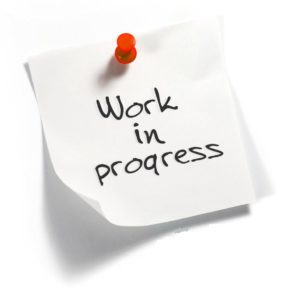Rules of engagement
As far as I can see there are any ethical problems involved in the theoretical part of my memoir project (→ approaches), because I don’t need to mention other people by name.
The empirical part of the project (the factual memoir → versions of my memoirs) is different, however. I have met many people throughout my life and can or will not mention all of them, of course, but neither will I avoid to mention those who have played an important role in my life.
Inspired by memoir writer Mary Karr’s The art of memoir (2015), I’ve outlined this set of rules of engagement with now living persons:
1. My memoirs are subjective and my interpretation of the causes and development of relations with others can be wrong from their point of view. Unless they have shared their thought and feelings about our relation in writing, I can only speculate about their motives and feelings, and will therefore avoid uninformed guesses.
2. If I believe someone might take offense, I will tell them about my project, remind them of our former relation, and inform them about the fact that I will mention them in the memoir.
3. In case I express negative opinions about others, I will do it with care and try to avoid direct quotations that risk exposing them; my memoir is about my thoughts and feelings, not about theirs. I make an exception for others’ expression of thoughts and feelings if these reveal something important about me as a person.
4. I will accept demands for pseudonymity by replacing full names with first name or initials, or anonymize the source in different ways, for example, “as one of my students said”.
5. It’s in my own interest to send relevant chapters or paragraphs of the manuscript to individuals that I’ve had close personal relations to, like intimate partners, children and close friends.
6. I’m willing to delete facts and passages that are factually incorrect, and I will seriously consider deleting passages that make someone very upset (‘principle of mercy’).


 e a gender bias?
e a gender bias?